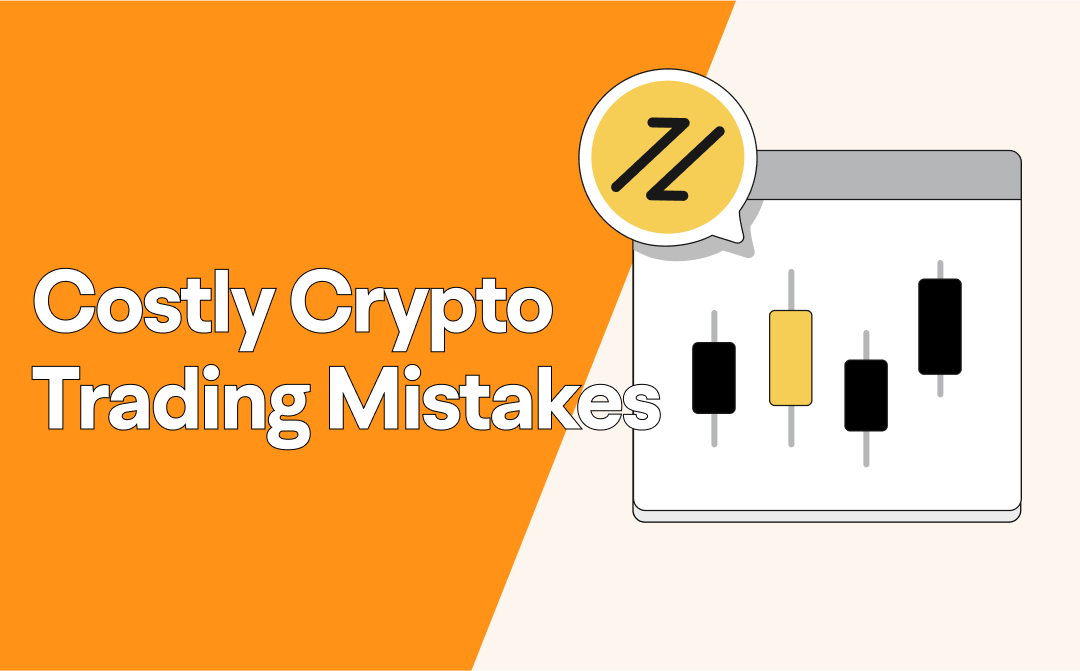Trump Signs Executive Order Establishing the U.S. Strategic Bitcoin Reserve
In a historic yet controversial move, President Donald Trump signed an Executive Order on March 6, 2025, formally establishing a Strategic Bitcoin Reserve (SBR) and prohibiting the sale of cryptocurrency seized by the federal government. The administration hails this as a bold, forward-thinking initiative, branding the reserve as a “digital Fort Knox” that will strengthen U.S. financial resilience in an era of growing cryptocurrency adoption.
However, the move has also drawn criticism from economists, financial analysts, and political opponents. Skeptics question its actual impact, necessity, and whether it is merely a rebranding of existing government practices.
The Executive Order mandates the U.S. Treasury Department to consolidate all Bitcoin obtained through asset forfeiture into a single national reserve and prohibits the federal government from selling these holdings. While the administration argues that this initiative incurs no direct taxpayer cost, critics argue that it lacks novelty and is more about optics than substance.
A Reserve That Already Existed?
One of the central criticisms of the Strategic Bitcoin Reserve is that it is not a new initiative. According to financial experts, the U.S. government already holds significant amounts of Bitcoin seized from illicit activities, typically auctioning them off through the U.S. Marshals Service.
An independent crypto analyst, Werner Mouton, dismissed Trump’s announcement, stating, “This reserve existed before Trump took office, and nothing new has been, or will be, done.” His comments highlight the skepticism that this is nothing more than a rebranding of an existing process rather than a revolutionary shift in U.S. financial policy.
James Murphy, a financial services lawyer, echoed this sentiment, calling the announcement “underwhelming” and stating that it fails to provide any significant structural change to how the government interacts with cryptocurrency.
Despite these criticisms, the administration is presenting the policy as a break from past approaches, arguing that unlike previous administrations that treated seized Bitcoin as disposable assets to be sold, this new approach recognizes Bitcoin as a strategic reserve asset, similar to gold.
Strategic Bitcoin Reserve’s Acquisition Plans Under Fire
One of the Executive Order’s most debated aspects is its directive for the Treasury and Commerce Secretaries to develop “budget-neutral” strategies for acquiring additional Bitcoin. While the order prohibits taxpayer-funded purchases of Bitcoin, it does not clarify how the government plans to expand the reserve beyond seized assets.
Crypto industry figures were quick to weigh in. @CJKonstantinos, founder of People Reserve, took to social media to sarcastically suggest, “I think I have a few strategies beyond budget-neutral…How about deficit-destroying, budget-balancing strategies?”
His comment reflects broader frustration over the lack of detail on how the government intends to grow its Bitcoin holdings without direct taxpayer funding or new federal spending.
Bret Bari, a financial writer, also expressed disappointment in what he perceived as a narrow-scope policy, tweeting: “Is that it? Just ‘forfeitures?’ I’m trying to find something to rally behind here 🤔.” His reaction underscores the broader sentiment among Bitcoin proponents that the administration’s plan lacks ambition and a well-defined acquisition strategy.
Critics Accuse the Administration of Self-Interest and Recklessness
Beyond policy concerns, political commentators have also accused the Trump administration of using the Strategic Bitcoin Reserve for personal or political gain.
Richard Angwin, a prominent financial journalist, blasted the move as a “reckless distraction”, stating:
“Trump’s Bitcoin Reserve is a reckless move, benefiting crypto elites like David Sacks while risking taxpayer money. It’s a flashy distraction from real economic issues, not a serious policy. This reeks of self-interest, not leadership.”
His comments reflect a broader concern that this initiative may serve political allies and wealthy crypto investors rather than the average American.
There is also a fear that by restricting the sale of seized Bitcoin, the administration is effectively removing a potential revenue source for the federal government, which has historically used the auctioning of seized assets—including Bitcoin—to recover funds and support law enforcement efforts.
Administration’s Defense: A Cost-Free Initiative That Strengthens the U.S.
Despite the backlash, the Trump administration has firmly supported the policy, defending it as a bold move that solidifies Bitcoin as a U.S. strategic asset.
David Sacks, the White House AI and Crypto Czar, praised the initiative, stating:
“Just a few minutes ago, President Trump signed an Executive Order to establish a Strategic Bitcoin Reserve. The reserve will be capitalized with Bitcoin owned by the federal government, which was forfeited as part of criminal or civil asset forfeiture proceedings. This means it will not cost taxpayers a dime.”
He further elaborated that the U.S. will never sell Bitcoin stored in the reserve and that this initiative is part of a broader effort to position the U.S. as a leader in digital assets.
Bitcoin advocates, including major industry players, have welcomed the news. Michael Saylor, CEO of MicroStrategy, declared, “The U.S. now has the world’s largest Strategic Bitcoin Reserve.” Similarly, Samson Mow, CEO of Jan3, acknowledged the move, saying, “Credit where credit is due. Congratulations!”

Treasury Evaluation and Unanswered Questions
The Executive Order also mandates a 30-day reporting period for federal agencies to disclose their digital asset holdings and a 60-day evaluation period for the Treasury to assess the reserve’s long-term implications.
The order specifies:
“Within 30 days of the date of this order, the head of each agency shall provide the Secretary of the Treasury and the President’s Working Group on Digital Asset Markets with a full accounting of all Government Digital Assets in such agency’s possession…”
The Treasury Secretary must also submit a detailed report on the reserve’s legal and investment implications within 60 days.
“Within 60 days of the date of this order, the Secretary of the Treasury shall deliver an evaluation of the legal and investment considerations for establishing and managing the Strategic Bitcoin Reserve and United States Digital Asset Stockpile going forward…”
Despite this, critics argue that major questions remain unanswered:
• How will the government handle price volatility?
• Will private institutions or international players be allowed to contribute to the reserve?
• Could future administrations overturn this policy?
Conclusion: A Political and Financial Gamble?
President Trump’s Strategic Bitcoin Reserve is one of the most ambitious—and contentious—cryptocurrency policies ever implemented by a U.S. president.
While the administration sees it as a bold step toward financial modernization, critics argue that it is more symbolic than substantive and primarily benefits crypto elites rather than the general public.
Regardless of one’s position on the issue, the policy’s long-term impact on the U.S. financial system, cryptocurrency markets, and global Bitcoin adoption remains to be seen.
One thing is clear: the fight over Bitcoin’s role in the U.S. economy is far from over.











